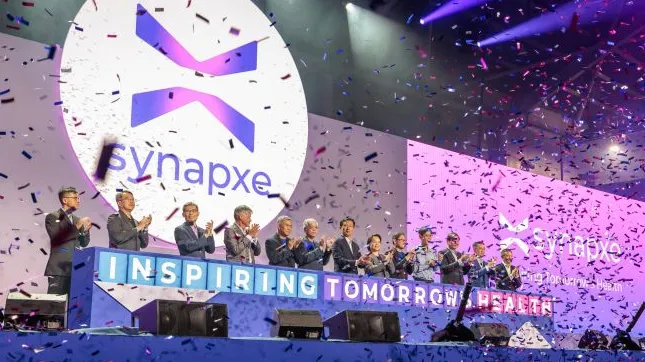
Singapore’s healthtech agency rebrands as Synapxe
AI-powered platforms were unveiled as the agency was rechristened.
Singapore’s Integrated Health Information Systems (IHiS) has renamed itself as Synapxe to better reflect the scope and scale of its work in transforming health technology in the city-state.
Introduced during the agency’s 15th anniversary on 27 July, the new identity was unveiled to the public together with its recent developments in artificial intelligence (AI) as part of the state’s Healthier SG national strategy.
This includes the key features of the HealthX platform established last January, which aims to accelerate innovation in the sector by fostering collaboration among stakeholders. Some of which are a one-stop centre for healthcare and tech partners as well as an open innovation platform where players can experiment on their ideas and potential solutions.
Synapxe also revealed the country’s first ever Assisted Chronic Disease Explanation platform that uses a deep learning algorithm to identify risk factors and automates risk calculations to detect signs of chronic diseases. To be piloted towards the end of the year, such technology can help doctors gain more insights about their patients’ health.
READ MORE: Singapore’s healthtech agency deepens tie with US tech giant on AI
During the event, it introduced the AIM.SG platform that allows for fast development, testing and deployment of imaging AI models. The move aims to fast track the use of AI-powered medical imaging diagnostics that can help radiologists improve their efficiency and accuracy.
Synapxe also gave a glimpse of a prototype that focuses on monitoring patients’ adherence to their medications. Dubbed the Augmented Video Analytics for Medication Adherence, this is also applicable in other care settings like home care and infectious disease treatments.
“As we step into the future to inspire tomorrow’s health, Synapxe will continue to harness the transformative force of smart technologies like generative AI and cloud to power key programmes including Healthier SG, to improve the health of our people and ensure a future-ready health system for Singapore,” said Ngiam Siew Ying, chief executive at the agency.


















 Advertise
Advertise


